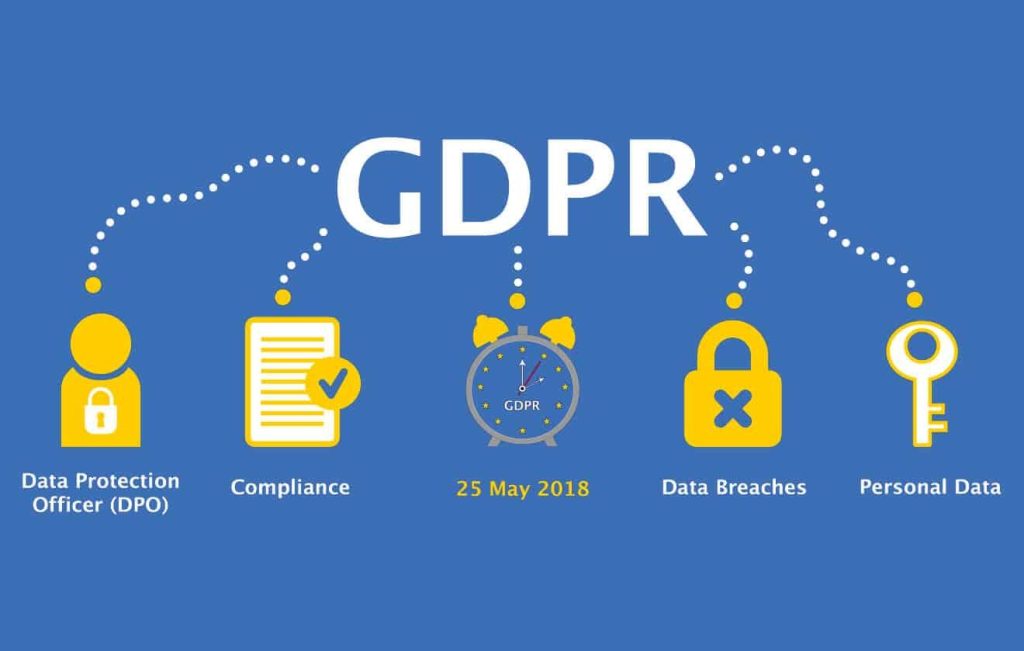
Data privacy and compliance with the General Data Protection Regulation (GDPR) are critical for businesses and individuals in today’s digital age. With an increasing amount of personal data being collected, stored, and shared online, there is a growing concern over the protection of this sensitive information. In this article, we will explore the importance of data privacy, the key principles of GDPR, and its impact on businesses.
Data Privacy: An Essential Right
Data privacy refers to an individual’s right to control their personal information and decide how it is collected, used, and shared. In an interconnected world driven by technology, maintaining data privacy has become more challenging than ever. Therefore, it is crucial to establish robust privacy practices to help safeguard personal data from unauthorized access, misuse, and exploitation.
The General Data Protection Regulation (GDPR)
In May 2018, the European Union’s GDPR came into effect, revolutionizing the way organizations handle personal data. GDPR aims to protect the fundamental rights and freedoms of individuals by setting strict guidelines and regulations for data controllers and processors.
Key Principles of GDPR
1. Lawfulness, fairness, and transparency: Personal data must be processed lawfully, fairly, and transparently. Individuals must be informed about the purposes of data processing, and their consent must be obtained when necessary.
2. Purpose limitation: Personal data should only be collected and used for specific, explicit, and legitimate purposes. Sharing data without a clear purpose is not allowed.
3. Data minimization: Organizations are obligated to collect and process only the necessary amount of personal data for the specified purposes. They must ensure the data is adequate, relevant, and limited to what is required.
4. Accuracy: Data controllers must ensure that personal data is accurate, kept up to date, and corrected when necessary. Appropriate measures should be in place to ensure the accuracy and integrity of the data.
Impact on Businesses
The implementation of GDPR has had a profound impact on businesses worldwide. It requires organizations to take data privacy seriously and make significant changes in their processes and systems.
Increased Accountability
Under GDPR, businesses are accountable for protecting personal data and demonstrating compliance. They need to maintain detailed records of data processing activities, conduct regular data protection impact assessments, and appoint a Data Protection Officer (DPO) in certain cases.
Enhanced Consent Requirements
GDPR mandates that organizations obtain individual consent in a clear, easily understandable, and distinguishable manner. Pre-ticked boxes and vague terms are no longer sufficient to obtain valid consent. Users have the right to withdraw consent at any time, making it essential for businesses to provide a simple, accessible method to do so.
Data Breach Notifications
In case of a data breach that poses a high risk to individuals, organizations must notify the supervisory authority within 72 hours. Additionally, affected individuals should be promptly informed about the breach, allowing them to take necessary precautions to protect themselves.
Severe Penalties for Non-Compliance
Failure to comply with GDPR can result in substantial fines of up to 4% of annual global turnover or 20 million euros, whichever is higher. These penalties emphasize the seriousness of data protection and serve as a deterrence to ensure businesses meet their obligations.
Conclusion
Data privacy and compliance with GDPR are crucial for businesses and individuals to protect sensitive information and maintain trust in the digital ecosystem. By adhering to the key principles of GDPR, organizations can demonstrate their commitment to responsible data handling, ensure accountability, and avoid severe financial and reputational consequences.


